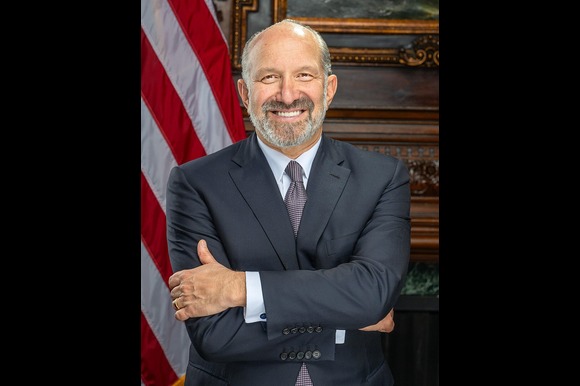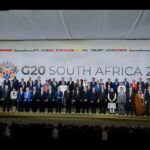Europe should “reconsider” its regulations for large technology firms if it wants the US to reduce tariff rates on its steel and aluminium exports, according to US Commerce Secretary Howard Lutnick.
His remarks were made as US and European Union officials met in Brussels to review the status of the trade agreement reached in July. That accord set US tariff rates on certain EU products at 15%, lower than initially threatened, in return for commitments from Europe related to investment and greater access for American agricultural goods.
However, both parties are still clashing over aspects of the agreement. European negotiators had anticipated relief on their metals exports as part of the summer framework, yet the US continues to impose a 50% tariff and has widened the scope of products subject to that duty.
Additionally, the EU is seeking special exemptions on goods such as wine, cheese and pasta, similar to the rollback recently granted by the Trump administration for products like tropical fruits and coffee.
In a briefing to journalists regarding the ongoing discussions, US Trade Representative Jamieson Greer remarked that Washington expects Europe to honour its pledge to lower tariffs on American goods before considering any reductions in duties on European exports.
He and Mr Lutnick further stated that the US is seeking concessions related to European digital regulations in return for adjustments to metals tariffs.
“They would like to have steel and aluminium as part of this package, and we think it is very, very important that they understand our digital companies and reconsider their digital regulations to become more welcoming to our large corporations,” Mr Lutnick stated in an interview with Bloomberg Television.
For years, the US has argued that digital services taxes — which typically apply revenue-based charges on large-scale companies involved in streaming or digital advertising — disproportionately affect American businesses.
US tech firms have also expressed dissatisfaction with the EU’s Digital Markets Act (DMA), which took effect last year. The legislation is designed to encourage competition and, for example, compels companies such as Apple to ensure their iPhones are compatible with third-party accessories like headphones from other manufacturers.
Following Donald Trump’s re-election last year, many technology companies hoped he would actively oppose such regulations and taxes, in contrast to the administration under Joe Biden, which had been perceived as leaving those disputes primarily to the companies themselves.
Despite pressure, European lawmakers have maintained that its digital rules are non-negotiable. European Trade Commissioner Maroš Šefčovič reiterated that position when the matter was raised on Monday.
“This is not discriminatory. It is not directed at American companies,” he insisted.






